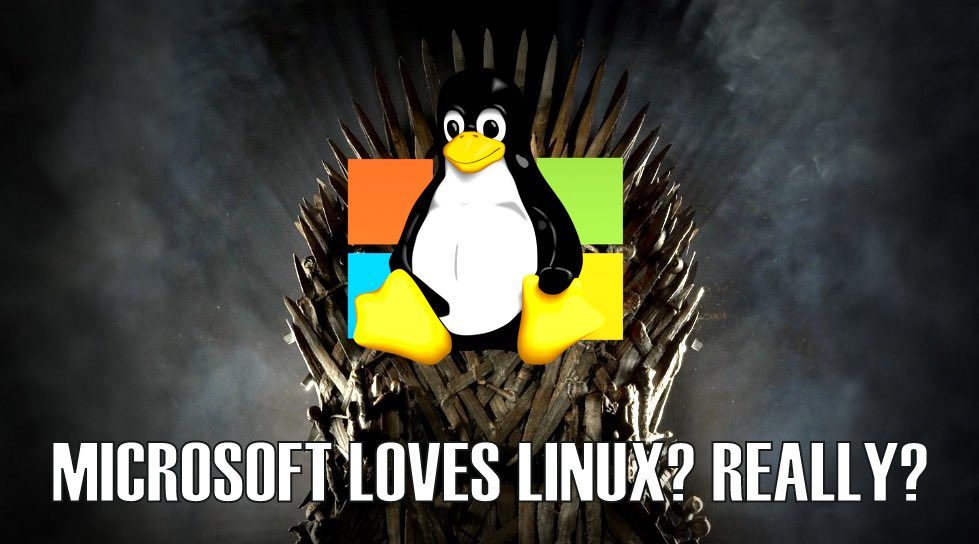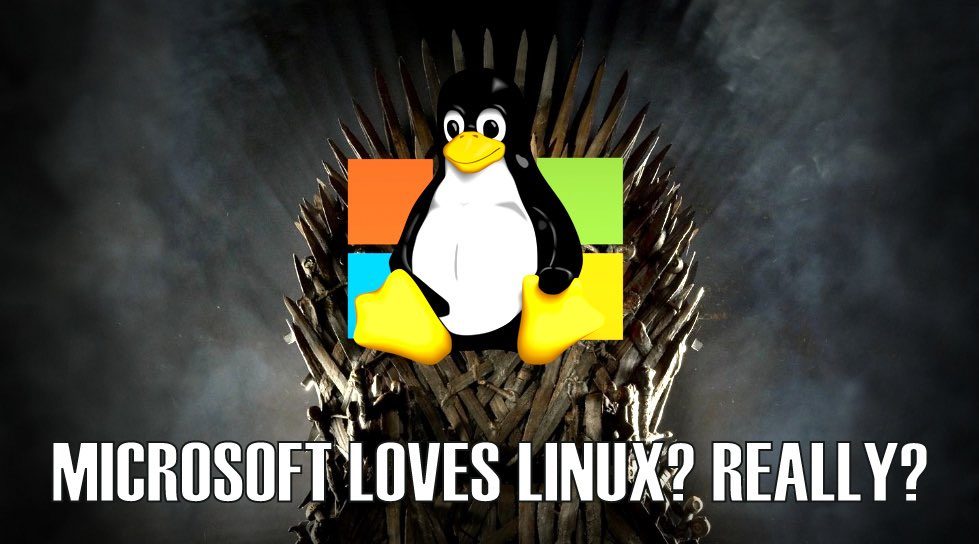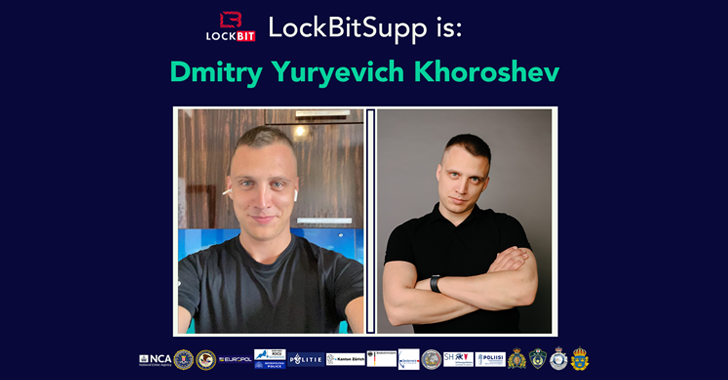 Short Bytes: The software industry is as political as any, but when it comes to the one thing every computer needs the most, an operating system, the politics can resemble more of Medieval stage scene, and it’s the story of Microsoft and Linux that’s perhaps the most riveting of all.
Short Bytes: The software industry is as political as any, but when it comes to the one thing every computer needs the most, an operating system, the politics can resemble more of Medieval stage scene, and it’s the story of Microsoft and Linux that’s perhaps the most riveting of all.
George R.R. Martin’s Game of Thrones (the complete series titled A Song of Ice and Fire) is one of the most popular television shows to have aired in the last decade, and it’s no wonder, it has all the makings of an excellent drama, love, war, betrayal, and vengeance (full disclosure, I haven’t read the books, but I have enjoyed the show). Although, when you examine things a little more thoroughly, you notice that the notions are not so fantastical at all and the themes are all too familiar.
For the last thirty years the commercial software arena has been so fast-paced and legally vicious that it could make an industry veteran cry; it takes a real hero to fight to the top without engaging in the scandalous practices that pervade the industry, and a hero is just what we’ve found.
Game of Thrones hosts a spectrum of truly dimensional characters ranging from the vile and cowardly to the benevolent and wrathful, the variety is actually so thorough that it’s easy to find characters that are analogous to top combatants of the computing world. There are the wealthy empires, cutpurse markets, the feudalistic patent trolls, and the list goes on, but A Song of Ice and Fire is a story of heroics and generosity in the face of tyrannical adversity, and so is that of Linux and the open source community.
In order to understand the history of computing we need to go back to somewhere near the beginning. The genesis of operating systems as we know them today started with Dennis Ritchie and Ken Thompson’s UNIX system. UNIX is the conceptual forefather of many, if not almost all, commercial operating systems. UNIX reigned king for quite some time, but not without passing along the torch to descendants. The family tree of UNIX is messy, it’s filled with crossed lines, intermingling, and political unions, essentially the typical of any royal family ancestry. Animosity and tension quickly overtook the UNIX offspring and this was the start of the culture of Hammurabian customs.
Amidst the flame war, an unlikely pair, Bill Gates and Paul Allen, aspired to hang their banner from walls as high as the others. Microsoft was barely an idea, let alone an official company, when Gates and Allen conquered the Altair 8800 with their Altair BASIC interpreter. The immediate success with the Altair lead to the instantiating of Microsoft as a legal entity in the following weeks. Five years later Microsoft married into the UNIX political paradigm with the release of Xenix which had a sprint of success before being acquired by SCO. But before Microsoft’s parting with Xenix they found huge success when they were contracted by IBM to develop an operating system for the upcoming IBM PC which Microsoft allegedly reverse engineered from an existing IBM product. While IBM rebranded MS-DOS to PC-DOS, Microsoft was still at liberty to sell the MS-DOS product to other vendors, and this was a defining moment allowing one of Microsoft’s products to cascade into a computing empire. MS-DOS was soon sold on the majority of home and office computers. This all transpired in parallel to the development Apple’s products from which MS-DOS fiercely won market-share placing them at the top of operating system sales. Microsoft’s newly realized market share afforded them a power that was not wielded in computing before, the power of a near monopoly, and as it’s said, power corrupts.
A vicious rivalry grew between Apple and Microsoft complete with corporate cloak and dagger. It was not uncommon for either to approach smaller companies with the intent to acquire their valuable products in order to bolster their repertoires, and it was also not uncommon to unethically exhaust these smaller companies with legal fees until they had no choice but to sell. Scott McNealy was quoted on the matter saying “R&D [research and development] and M&A [mergers and acquisitions] are the same thing [at Microsoft].” The feud between Apple and Microsoft was only embellished by the high cost of UNIX systems that left the affordable computer market in a dipole. This was the exact concern Linus Torvalds decided to address when he started the Linux operating system in 1991, and as the war between Apple and Microsoft was waged, the brainchild that would grow up to be a hero was born.
Linux was never intended to be professional, Torvalds admitted, the goal was to provide students with something that was UNIX compliant without the inherent UNIX price tag. It seemed to be a common ideal because Linux matured into a powerful champion heralding the banner of freedom of software in tandem with the GNU Project. The potential of Linux was soon realized in the corporate boardrooms. UNIX systems were still very expensive which left Linux absolutely unprecedented in its lack of cost. Linux rapidly laid siege to the server market inciting an animosity of Linux in Microsoft that began to fester.
Linux experienced accelerated growth as both hardware and software vendors contributed to the cause. Management and engineers alike were seduced by the song of Linux, and this only antagonized Microsoft more. Soon, Microsoft was so enveloped in hatred for our hero that numerous attempts to exterminate him were perpetrated. Attacks were made on the community that fostered Linux. The political alignment of the Linux project was brought into question with accusations of Linux’s sole intention being to bring communism into the Western world and destabilize the economy on behalf of Russia. Steve Ballmer likened Linux to cancer in an attempt to smear the credibility of Linux and all its supporters. Microsoft worked every angle looking for a way to bring a lawsuit forth to Linux, but they couldn’t, because Linux belonged to us all, including those in the Redmond Keep. This went on for over a decade without any sign of a forthcoming ceasefire.
The battle for software market share was not fought with cutting-edge features and formidable products, but with the esoterics of arcane legal jargon, slander, and bags of money. This practice all but ensured that the people were not getting the best product possible, this plutocratic scheming and clear-cutting of prospective products inhibited growth and innovation, but through it all, Linux and the open source community fought for the people.
Fast-forward to 2016 and bear witness to a series of events that could leave a seer shocked and confused as Microsoft announces Azure Cloud Switch, a distribution of Linux aimed at cloud networking, and professes their love of Linux. Microsoft, perhaps one of the most shocking of turncoats, has continued to preach a love of Linux and open source. Microsoft has contributed to open source in ways never imaginable having provided .Net Core to the community and even bringing Linux into Windows with Bash on Windows.
This new era of Microsoft working cooperatively with Linux not only has a stench of hypocrisy, but raises some major red flags. We’ve all heard the cliched turncoat catchphrase “if you can’t beat them, join them,” but I can’t seem to shake this eerie feeling that Microsoft trying to play a long con. Microsoft was never known for playing friendly and their new-found love for Linux looks to me less like patronage and more like patronizing.
Despite any reservations someone might have in believing the sentiments of a historically insidious and unethical company, there is no doubt that Microsoft has made great contributions to the open source community. Maybe the dynasty of Satya Nadella will bring true change to Redmond, and while some scars never heal, maybe Microsoft can patch things after all.
What do you think of Microsoft’s new love for Linux? Is it genuine? Or do you think that Microsoft is pulling a Little Finger move?
Also Read: Should I Call It Linux Or GNU/Linux? — Linux Naming Controversy










